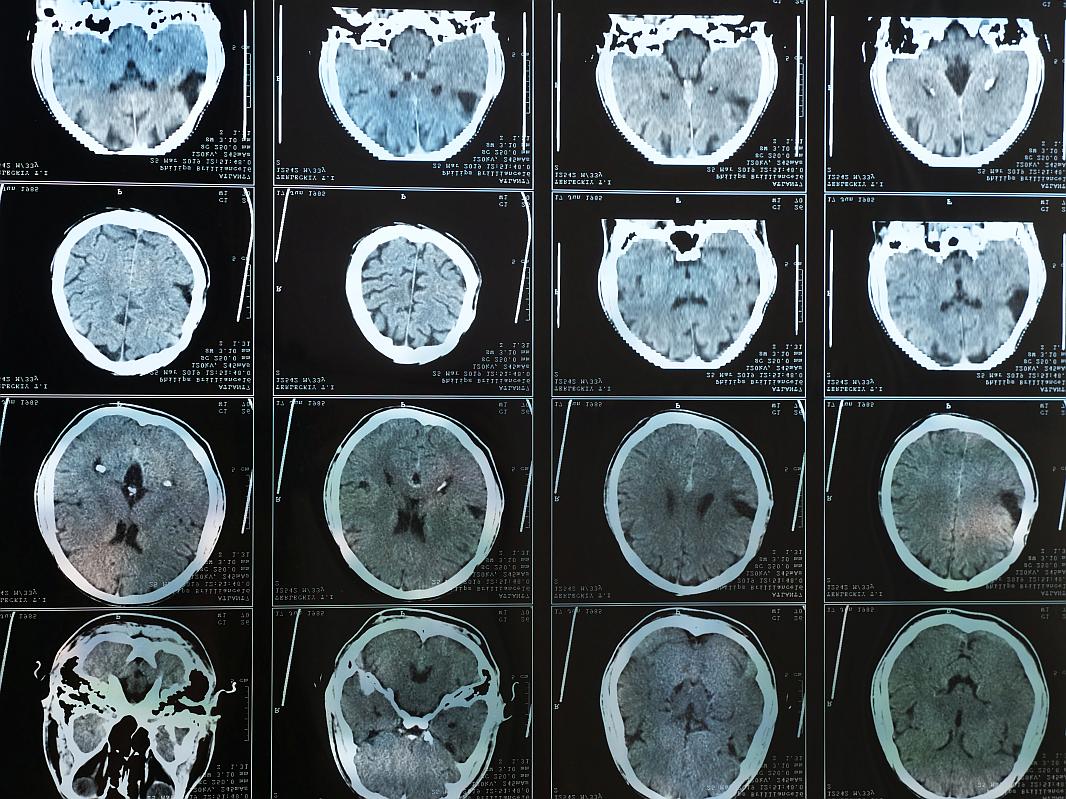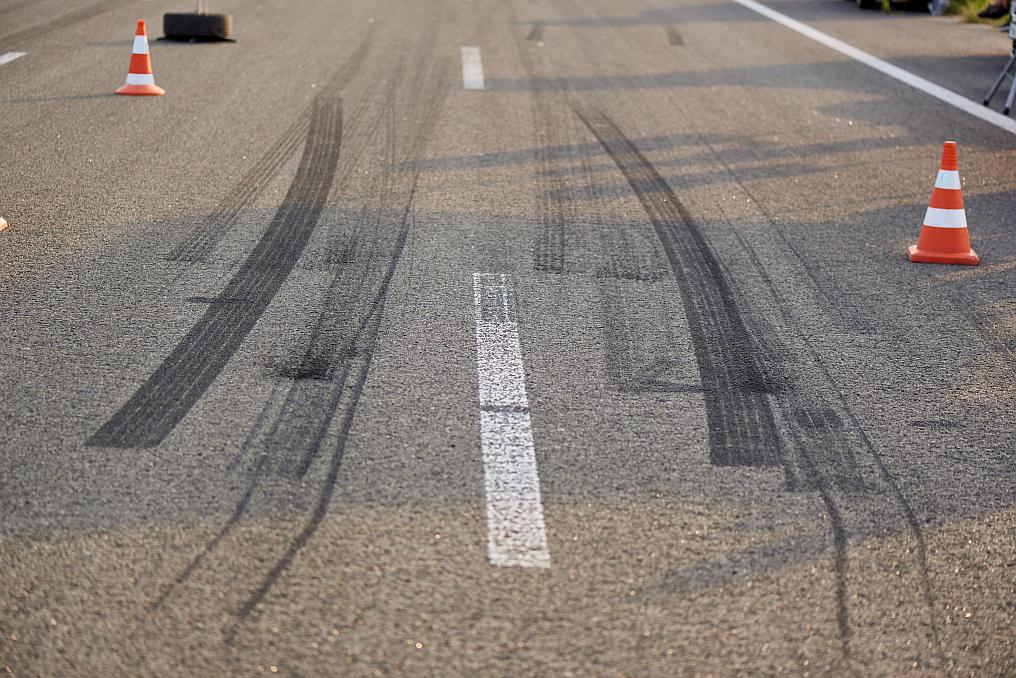Motorcycle riding is a popular mode of transportation for millions of individuals in the United States. Every year, many Americans are enticed by the excitement and freedom of the open road, prompting them to purchase motorcycles. According to the United States Census Bureau, there are currently over 125,000,000 registered motorcycles on the country’s roads.
Unfortunately, motorcycle accidents pose a significant risk of catastrophic injuries.
Unlike cars with their heavy metal frames, seat belts, airbags, and reinforced glass,
motorcyclists lack these protective features. As a result, when motorcyclists collide with other vehicles on the road, they are highly susceptible to severe trauma. While all motor vehicles carry the potential for serious accidents, the fatality rate for motorcyclists is 27x higher than that for passengers in cars and trucks. In motorcycle accidents, common injuries include head trauma, organ damage, broken bones, severe abrasions, lacerations, and burns.
Victims of motorcycle accidents often require emergency care, hospitalization, surgeries, physical therapy, prescription medications, and lengthy recovery periods. The substantial cost of medical treatment combined with lost wages can quickly devastate the financial well-being of the victim and their family. Although personal injury lawsuits offer a means to seek compensation for injuries and damages, the legal process can be overwhelming for the average motorcyclist. This is where the assistance of an experienced motorcycle accident lawyer becomes crucial, as they can advocate for victims and help secure the compensation they deserve.
What Are the Most Common Causes of Motorcycle Accidents?
Motorcycle accidents can occur at any time, even for riders who exercise caution and prioritize safety. Various factors contribute to motorcycle accidents, but the following are the most common causes:
- Distracted driving: The use of cell phones, texting, and other forms of distracted driving has become the leading cause of motorcycle and car accidents in the United States. Distracted drivers often collide with motorcyclists due to their diverted attention.
- Impaired driving: Operating a motorcycle while under the influence of alcohol, recreational drugs, or certain medications is illegal and puts everyone on the road at risk. Impaired coordination and decision-making skills associated with drunk or impaired driving increase the likelihood of motorcycle crashes. Drunk or drugged motorcycle operators can face criminal and civil charges.
- Speeding: Exceeding the speed limit or driving too fast for weather or road conditions leads to tragic motorcycle accidents. Speeding is a preventable cause of motorcycle accidents, yet it remains a frequent occurrence.
- Careless lane changes: Drivers of cars and trucks must always be mindful of motorcyclists on the road. Failure to check rearview and side mirrors or use signals before changing lanes can result in fatal motorcycle accidents. The force of a vehicle colliding with a motorcycle from the side can cause the bike, rider, and passengers to spin out of control, often leading to additional collisions.
- Car doors: When drivers fail to check for motorcycles before opening their car doors, passenger vehicles can become deadly obstacles. Motorcyclists may collide with car doors when they are unable to avoid them due to limited time or space.
- Lane splitting: Lane splitting refers to the practice of a motorcycle driving between two lanes of traffic, typically in heavy congestion. While it offers advantages in heavy traffic, it is a dangerous practice that often leads to serious injuries and fatalities when motorcycles collide with passing vehicles.
- Left-turn accidents: Motorcycles can be difficult to spot, particularly when they are making a left turn. Drivers of cars and trucks may not be aware that a motorcycle is waiting to turn left at an intersection. These accidents often result in severe injuries for the motorcyclist and any passengers.
- Sudden stops and tailgating: Following another vehicle too closely.
Types of Injuries:
- Head and Brain Trauma: Motorcyclists are prone to head and brain injuries when thrown from their bikes during accidents. Traumatic brain injuries, fractured skulls, concussions, and contusions can cause lasting brain damage.
- Neck and Spinal Injury: The absence of protective equipment like seat belts and airbags leaves motorcyclists vulnerable to neck and spinal injuries. These injuries can result in paralysis, cognitive and physical impairments, and mobility issues, often causing permanent disability.
- Road Rash: When motorcyclists’ bare skin scrapes against road surfaces during accidents, road rash can occur. Wearing protective clothing can minimize road rash, but if riders are not adequately covered, severe skin lacerations, tissue damage, and nerve damage may result.
- Bone Fractures: Motorcycle accidents can cause multiple bone fractures throughout the body. Vulnerable areas such as arms, legs, hands, feet, ribs, and the spine can sustain serious fractures, potentially damaging internal organs and requiring extensive recovery periods.
- Burns: Fuel, combustible liquids, and road surfaces can cause severe burn injuries. Burn recovery is often excruciatingly painful, with increased risks of infection and the need for multiple surgeries.
- Amputation: Motorcycle accidents can lead to limb amputation either at the scene or due to complications during recovery.
- Infection: Open wounds and burn injuries are prone to infection, which can be life-threatening. Infection risks are also present during and after surgical procedures necessitated by motorcycle accident injuries.
Laws Specific to Motorcyclists in California:
- Lane Splitting: California is the only state where lane splitting is legal, but it remains a risky practice. Motorcyclists should exercise caution due to the potential for car drivers not seeing them and making sudden lane changes.
- Helmet Requirement: All motorcyclists, regardless of age, must wear helmets while riding in California.
- Headlight Usage: Motorcyclists must keep their headlights on during the day if their vehicle was manufactured after 1978.
- Insurance: California law mandates that motorcyclists carry insurance coverage with minimum limits of $15,000 for injury/death to one person, $30,000 for injury/death to multiple people, and $5,000 for property damage.
- Statute of Limitations: Motorcyclists involved in accidents have two years from the date of the incident to file a lawsuit.
Dealing with Bias and Establishing a Strong Case:
Motorcyclists often face bias and negative stereotypes. Overcoming these biases can be crucial in pursuing a successful liability claim. Suggestions for dealing with bias and creating a favorable impression include:
- Remain calm and offer assistance at the accident scene, refraining from apologies that might imply liability.
- Wear a helmet to demonstrate compliance with the law and concern for personal safety.
- Drive safely and abide by traffic laws to present a responsible image.
- Document the accident scene through photographs and detailed notes, including road and weather conditions.
- Obtain contact information from witnesses who can provide testimonies supporting the motorcyclist’s version of events.
Los Angeles Motorcycle Accident Lawyers at ACTS LAW Represent Injured Motorcycle Accident Victims
If you were injured in a motorcycle accident, call the Los Angeles motorcycle accident lawyers at ACTS LAW. We will hold the negligent party accountable for your injuries and fight to obtain the compensation you deserve. Protecting your rights is our top priority, and we will not stop fighting for you until you are completely satisfied. Call us at 833-228-7529 or contact us online to schedule a free consultation today.
Located in San Diego and Los Angeles, we serve clients throughout Southern California.



